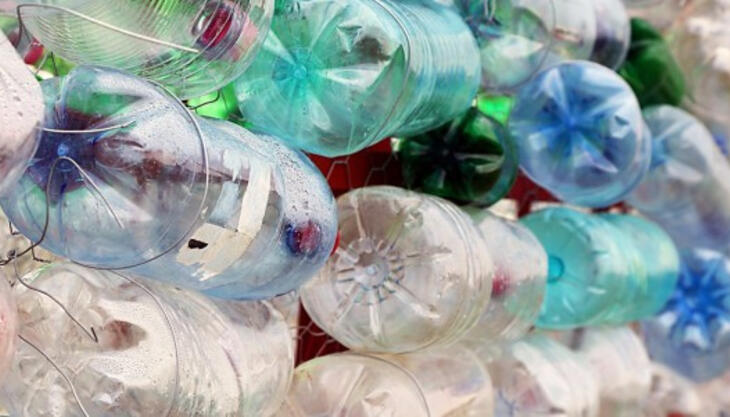Council and Parliament reach agreement on plastic pellet leaks

The European Council andParliament provisionally agreed on a regulation on preventing the loss of plastic pellets into the environment. The new rules will help improve the handling of plastic pellets at all stages of the supply chain, both on land and sea.
Under the new rules, prevention of plastic pellet losses would be the main objective for operators and EU and non-EU carriers. A clear framework sets out obligations for cases of accidental losses focusing on clean-up operations. A clear set of measures will be included in a risk management plan, prepared by each installation handling pellets. Such measures would tackle, among others, packaging, loading and unloading, staff training, as well as necessary equipment. Moreover, to provide for a level playing field between the EU and non-EU carriers and to ensure accountability and transparency for all carriers of plastic pellets, non-EU carriers will have to designate an authorised representative in the EU.
In line with the simplification goals for smaller companies and reflecting the Council’s approach, the provisional agreement strikes a balance between a high level of environmental protection and the requirements for companies adapted to their different size. In this sense, operators that handle above 1 500 tonnes of plastic pellets annually will have to obtain a certificate issued by an independent third party. Small companies also handling above 1 500 tonnes per year will benefit from lighter obligations, such as one-off certification to be done in five years after the entry into force. Finally, companies handling less than 1 500 tonnes annually and microenterprises will only need to issue a self-declaration of conformity. The co-legislators also agreed to set obligations for the transport of plastic pellets by sea (in freight containers), including ensuring good quality packaging and providing transport and cargo-related information, following the guidelines of the International Maritime Organisation.
The provisional agreement will now have to be endorsed by the European Council and Parliament. It will then be formally adopted by both institutions, following a legal and linguistic review, and published in the Official Journal of the EU. The regulation will then become applicable 2 years after publication. To facilitate compliance within the maritime sector, the co-legislators agreed to postpone the application of relevant rules by one year (compared to the rest of the rules set out in the regulation).



















